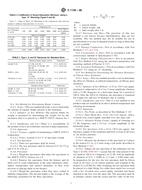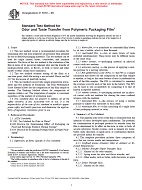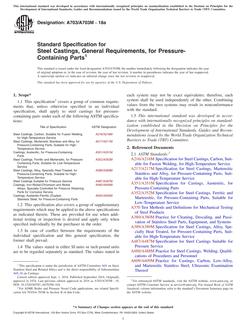1.1 This practice covers all types of healthcare services, including those given in ambulatory care, hospitals, nursing homes, skilled nursing facilities, home healthcare, and specialty care environments. They apply both to short term contacts (for example, emergency rooms and emergency medical service units) and long term contacts (primary care physicians with long term patients). The vocabulary aims to encompass the continuum of care through all delivery models. This practice defines the persistent data needed to support Electronic Health Record system functionality.
1.2 This practice has four purposes:
1.2.1 Identify the content and logical data structure and organization of an Electronic Health Record (EHR) consistent with currently acknowledged patient record content. The record carries all health related information about a person over time. It may include history and physical, laboratory tests, diagnostic reports, orders and treatments documentation, patient identifying information, legal permissions, and so on. The content is presented and described as data elements or as clinical documents. This standard is consistent with eXtensible Markup Language (XML). See Document Type Definition (DTD) 2.1 and W3CXML Schema 1.0
1.2.2 Explain the relationship of data coming from diverse sources (for example, clinical laboratory information management systems, order entry systems, pharmacy information management systems, dictation systems), and other data in the Electronic Health Record as the primary repository for information from various sources.
1.2.3 Provide a common vocabulary for those developing, purchasing, and implementing EHR systems.
1.2.4 Provide sufficient content from which data extracts can be compiled to create unique setting “views.”
1.2.5 Map the content to selected relevant biomedical and health informatics standards.
Product Details
- Published:
- 10/15/2007
- Number of Pages:
- 127
- File Size:
- 1 file , 730 KB
- Redline File Size:
- 2 files , 1.2 MB


